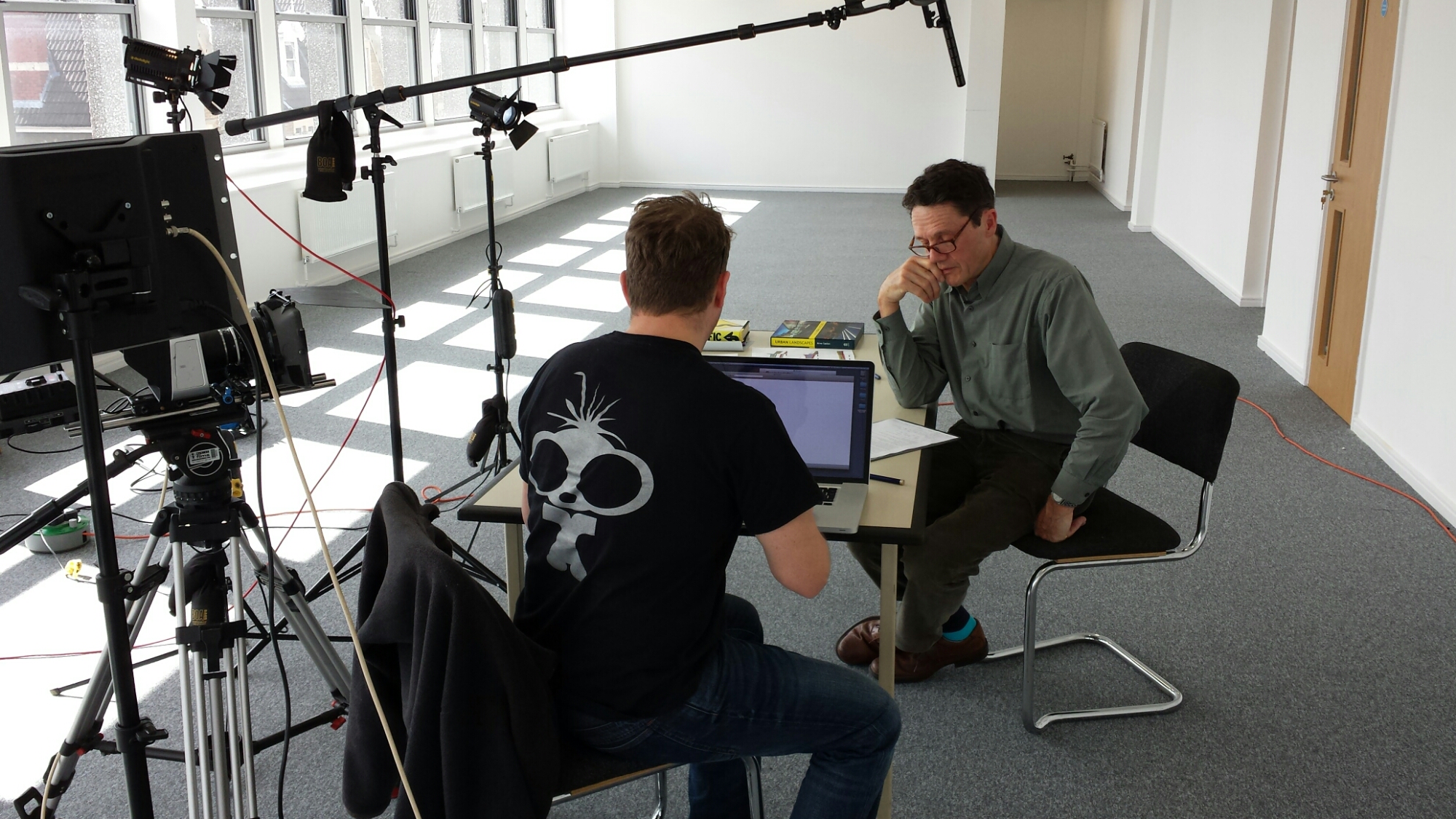This piece in the Evening Standard, about an act of violence by a London bus driver, shows how traffic lights can wind us up to breaking point. Imagine driving a bus to a schedule and being held up, more often than not needlessly, at one set of traffic lights after another. The driver acted badly, of course, but arguably she was provoked by a system of aggravating, vexatious regulation.
-
Recent Posts
Recent Comments
- Manslaughter charges at last? - Equality StreetsEquality Streets on Admission
- OK, Really, What About The Roads? on Priority
- The unbearable crassness of agreeing - Equality StreetsEquality Streets on War on Britain’s Roads
- Accidents at Traffic Lights – Lets End The Madness | StrikeEngine – Car Tuning on Four Thought – correction
- Albert Slawson on Contact and links
Meta

